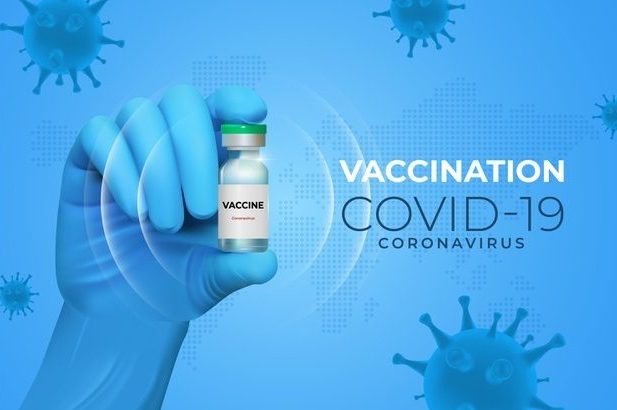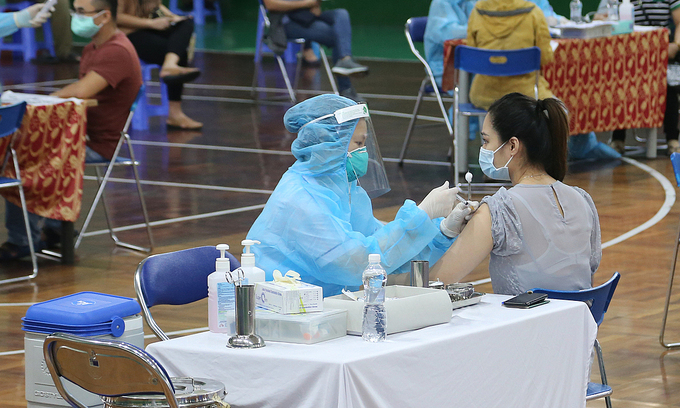According to a survey by Kaiser Family Foundation, around 14% of Americans answered they will not get vaccinated. Ten percent say they will see how vaccines work for others and only 3% say they will get vaccinated if it is mandatory. There are many reasons for their hesitancy to receive the vaccine – some of which are based on false or misleading information. Here are 6 popular misconceptions about Covid-19 vaccines.
1. Vaccines are not safe because they were developed too fast
Scientists studied coronaviruses’ spike proteins 20 years ago while seeking a potential vaccine for Severe Acute Respiratory Syndrome (SARS). The Covid-19 vaccine research was expedited by advanced technology as well as large scale production before vaccines were authorized for emergency use by the Food and Drug Administration in December 2020.
A study by Public Health England shows that 2 doses of Pfizer were 88% effective against symptomatic disease and 96% against hospitalization from the Delta variant. The study also found that the Pfizer vaccine was 80% effective against infection of the Delta variant. The analysis collected data of 14,019 people in the UK confirmed as having the Delta variant of which only 166 hospitalizations. In addition, data published in May indicates the AstraZeneca vaccine was 92% effective against hospitalization after 2 doses.
2. Thousands of people have died from vaccines
This is incorrect. Deaths reported to the Vaccine Adverse Reporting System (VAERS) have not been verified. Anyone can submit suspected vaccine side effects to VAERS. This wide access has resulted in made-up entries, and federal experts who look into the reports have not found any proof of widespread deaths or serious side effects caused by the vaccines.
3. The vaccines are considered experimental
This claim is false. All three coronavirus vaccines authorized for emergency use in the USA underwent clinical trials involving tens of thousands of participants before being rolled out to the public. The vaccines have also been reviewed by independent experts. All that research has proved the effectiveness of vaccines against coronavirus.
4. Natural immunity is always stronger than the vaccines
This is not 100% true. Natural immunity provides longer protection than immunity acquired from vaccination but it depends on the pathogen. For example, the tetanus vaccine provides stronger immunity than the disease itself. Research shows the Covid-19 vaccines offer more consistent and safer protection than getting infected Covid-19.
5. The vaccines aren’t safe for pregnant women
Clinical trials for the coronavirus vaccines did not include pregnant women. Preliminary research conducted since the trials has found no safety problems associated with vaccinated pregnant women, though experts advise more study is needed. Because the Covid-9 vaccines do not contain live viruses, they are not harmful to a growing fetus. The pregnant women are recommended to get vaccinated as they are more likely to become seriously ill from Covid-19.
According to the Department of Health and Social Care England, about 52,000 pregnant women in England have been vaccinated and no safety concerns were raised. Similarly, around 130,000 pregnant women in the US have received Pfizer/BioNTech and Moderna vaccines, with no safety concerns reported.
6. The vaccines change your DNA
This is false. The Pfizer-BioNTech and Moderna vaccines use messenger RNA (mRNA) technology that teaches the body how to create coronavirus spike proteins, producing an immune reaction. Because mRNA code is not the same as the DNA found in human cells, it cannot be combined to alter our genes. The mRNA breaks down quickly after vaccination and doesn’t stay in the body.

